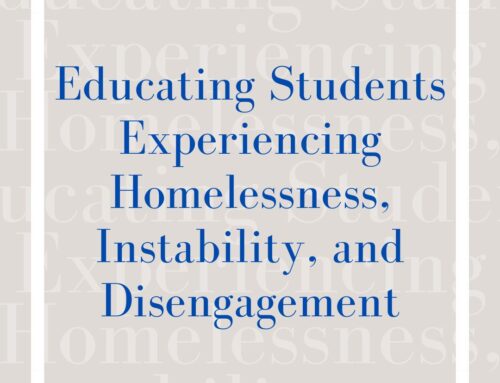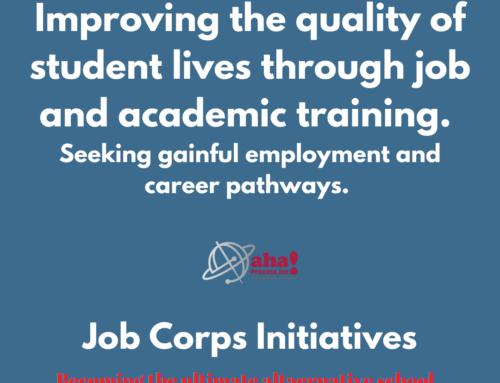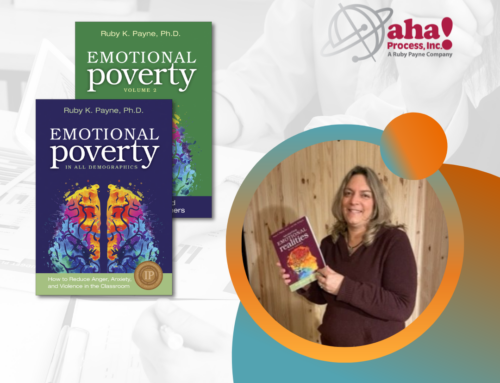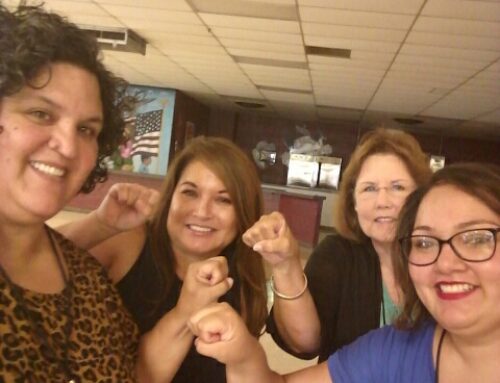A good tool to use is the Karpman drama triangle. In the triangle, the same person can take on all three roles in different situations. In one setting the person is a bully, in another setting the person is a rescuer, and in another setting the person is a victim. Once you are in the triangle, you will eventually take on all three roles—and boundaries disappear because ownership isn’t taken by anyone. To stay out of the triangle, you can ask questions.
Here’s an example of using questions to avoid the triangle:
When my son was in second grade, he came home from school and told me he was “bored.” I asked him, “Whose problem is that?”
He said, “The teacher’s.” He was presenting himself as a victim and asking me to go to school and “rescue” him.
I asked him, “Is the teacher bored?”
He said, “No, I am.”
I said, “Then it isn’t the teacher’s problem. It’s your problem. Since it’s your problem, how can you solve it?”
Had I gone to the school and “bullied” the teacher in order to “rescue” my son (who was a “victim”), chances would have been very good that the teacher would’ve felt like a “victim” and gone to the principal to be “rescued.” The principal likely would’ve called me and “bullied” me for being so insensitive to the teacher and blaming the teacher for my son’s problems. Then I would have felt like a “victim” and told my husband so that he would “rescue” me by going to the school and “bullying” the principal. The cycle would continue.
In other words, once people are in the triangle, they can be expected to take on all three roles eventually. Most importantly, the problem won’t get solved, and boundaries will disappear. The best way to stay out of the triangle is to ask questions and clarify the issues so that the problem can be solved.
Listen to the podcast for more.








